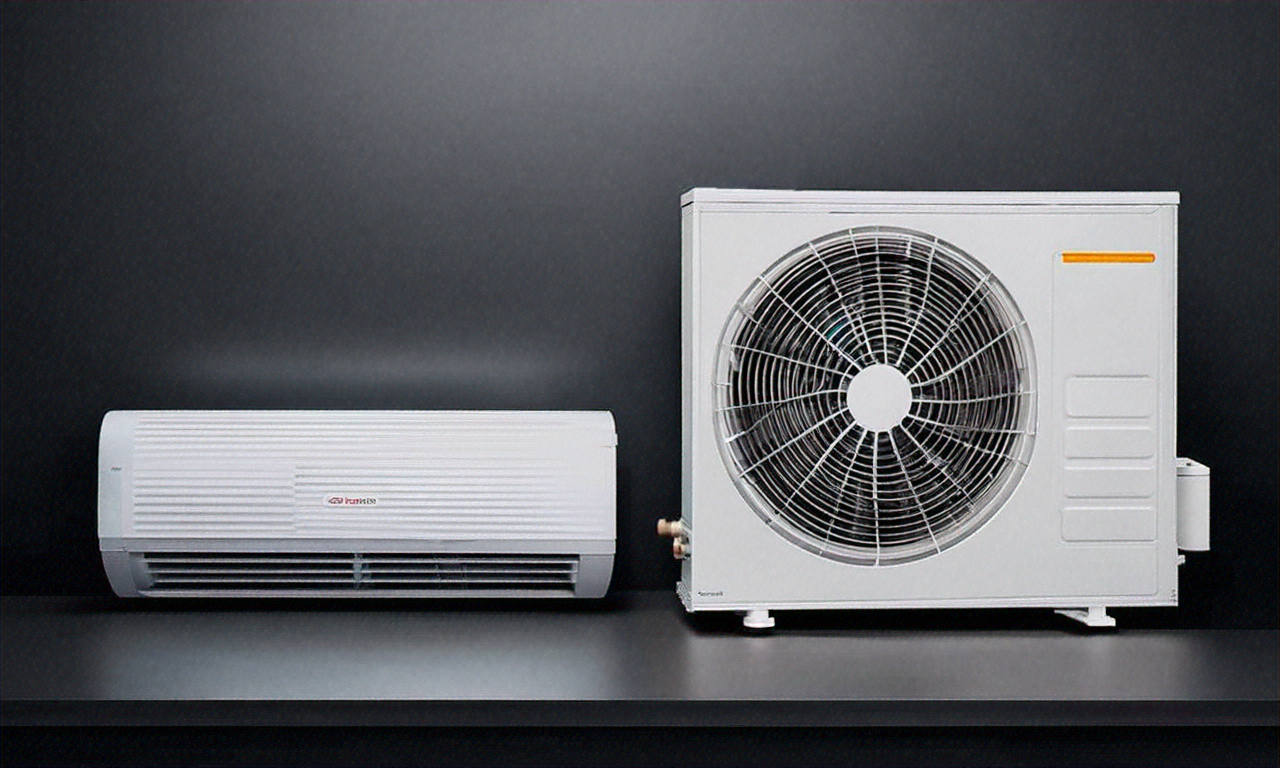Ductless Air Conditioning Systems: A Comprehensive Guide to Modern Home Cooling
Ductless air conditioning systems, also known as mini-split systems, represent a revolutionary approach to home cooling that eliminates the need for traditional ductwork. These efficient systems consist of an outdoor compressor unit connected to one or more indoor air-handling units, providing targeted cooling while maximizing energy efficiency and offering greater flexibility in temperature control throughout your home.

Benefits of Choosing a Ductless System
Ductless air conditioners offer numerous advantages over traditional HVAC systems. They provide zone-specific temperature control, allowing different rooms to maintain different temperatures. Energy efficiency is significantly higher since no air is lost through ductwork, which typically accounts for 25-40% of energy loss in central air systems. The absence of ducts also means improved indoor air quality, as there are no ducts to collect dust and allergens.
Installation Requirements and Considerations
Installing a ductless system requires professional expertise but is generally less invasive than installing traditional HVAC systems. The process involves mounting indoor units on walls or ceilings, installing the outdoor unit, and connecting them through a small three-inch hole in the wall. Proper placement of both indoor and outdoor units is crucial for optimal performance and efficiency.
Maintenance and Care Guidelines
Regular maintenance ensures optimal performance and longevity of ductless systems. Key maintenance tasks include monthly filter cleaning, keeping outdoor units clear of debris, and scheduling professional maintenance checks twice yearly. These systems typically require less maintenance than traditional HVAC systems due to their simpler design and fewer components.
Common Applications and Ideal Usage Scenarios
Ductless systems are particularly well-suited for home additions, converted spaces, older homes without existing ductwork, and multi-zone living areas. They excel in providing supplemental cooling to specific rooms or areas that traditional HVAC systems struggle to reach effectively.
Cost Analysis and System Comparison
| System Type | Installation Cost Range | Operating Cost (Monthly) | Key Features |
|---|---|---|---|
| Single Zone Mini-Split | $3,000-$5,000 | $30-$60 | Individual room control |
| Multi-Zone Mini-Split | $6,000-$12,000 | $50-$100 | Multiple room control |
| Portable Unit | $300-$700 | $40-$80 | Mobility, no installation |
| Window Unit | $150-$500 | $30-$70 | Easy installation |
Prices, rates, or cost estimates mentioned in this article are based on the latest available information but may change over time. Independent research is advised before making financial decisions.
Energy Efficiency and Long-term Savings
Ductless systems typically achieve higher SEER (Seasonal Energy Efficiency Ratio) ratings than conventional air conditioning systems, often ranging from 16 to 30 SEER compared to 13-21 SEER for traditional systems. This increased efficiency can lead to significant energy savings over time, potentially reducing cooling costs by 30-40% compared to conventional systems.






